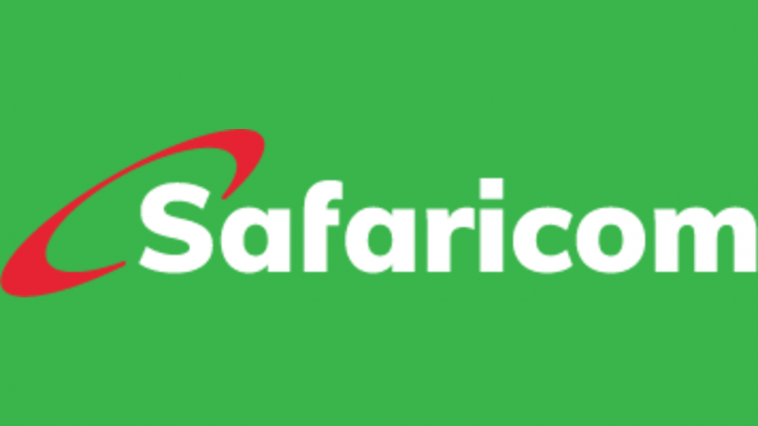Safaricom, Kenya’s leading mobile operator, has doubled the speeds of its fibre internet packages in response to the growing presence of Starlink in Kenya’s broadband market.
The 10 megabits per second (Mbps) package has been upgraded to 15 Mbps, while maintaining the price at KES 3,000 ($23). Customers on the 20 Mbps plan now enjoy 30 Mbps, and those on the 40 Mbps plan have seen their speeds double to 80 Mbps. Meanwhile, the 100 Mbps package has been significantly boosted to 500 Mbps, priced at KES 12,500 ($97).
Additionally, Safaricom has become the first internet service provider (ISP) in the country to offer gigabit speeds (1 Gbps) for KES 20,000 ($155).
The company has also introduced a family share plan, bundling mobile voice, data, SMS, and home internet into a single package. This plan, which can be shared among up to five family members, offers a discount of up to 20% compared to purchasing separate individual plans.
Safaricom has boosted its Home Internet speeds to meet rising demand and usage, delivering reliable connectivity and added value for its customers, according to a statement from Safaricom CEO Peter Ndegwa on Monday, as reported by TechCabal.
The company plans to host estate clinics, expand capacity in congested areas, and offer 4G and 5G options for homes outside of fibre coverage.
Businesses will also gain access to dedicated internet plans, with options ranging from a 15 Mbps shared plan for micro companies to a 100 Mbps shared plan for expanding enterprises.
These adjustments come in direct response to Starlink’s entry into the Kenyan market in June 2023. By June 2024, Starlink had signed up more than 4,000 customers. Starlink’s speeds can reach up to 200 Mbps, with a cost of KES 6,500 ($50). They have also introduced a 50 GB package for KES 1,300, along with a rental option for customers unable to afford the Starlink kit, which is priced at KES 45,000.
On July 15, Safaricom requested that the Communications Authority (CA) block independent satellite internet providers with operations in other countries, including Starlink. The regulator supported Safaricom’s stance, stating that the operator had valid concerns.
 We just launched our WhatsApp channel. Want to get the latest news from the Tech in Africa?
We just launched our WhatsApp channel. Want to get the latest news from the Tech in Africa?



